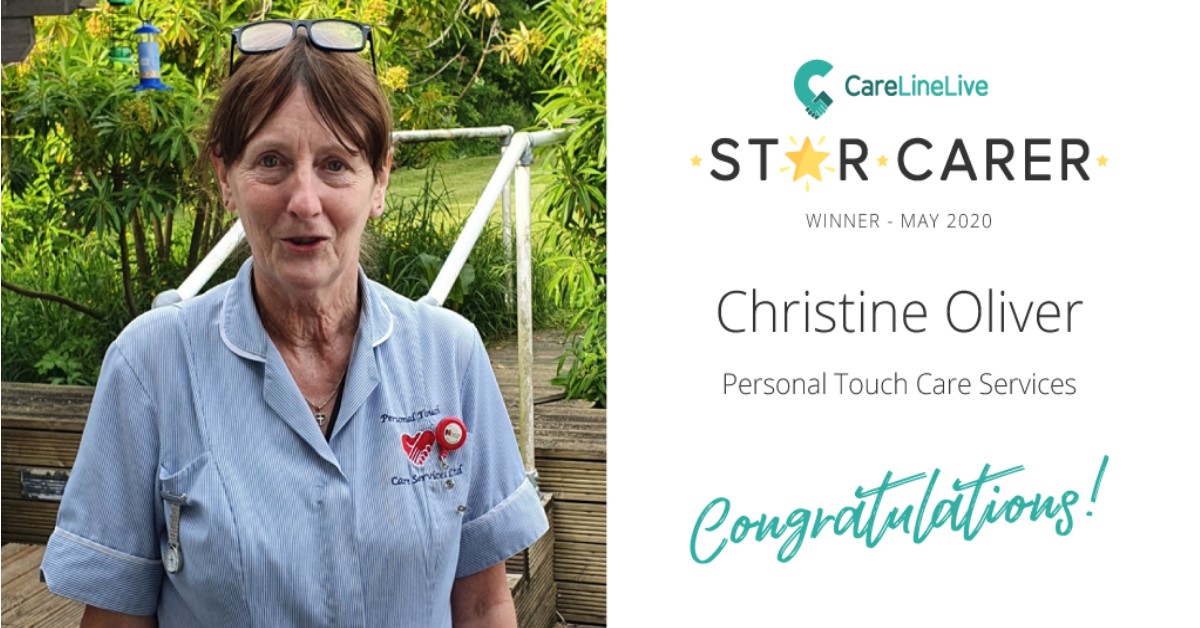Reviewing the most recent Home Care Association’s report summary makes for an engaging read. It is evident that the process of resolving issues related to numerous hospital discharges is notably sluggish.
For me, this report highlights the immense challenges faced by NHS staff and care providers. These challenges include addressing the difficulties in delivering seamless health and social care and effectively coordinating with external agencies beyond the NHS.
Provider challenges
In my capacity as a provider in previous roles, I have encountered numerous instances of inadequate hospital discharges. These instances result in significant issues for service users, impacting care delivery and jeopardising the safety of people receiving services.
Frequently, providers are pressured to accept hospital discharge packages only to realise that individuals are being discharged without the necessary equipment, facing medication discrepancies and receiving minimal or no handover to address their often evolving and intricate needs.
I have come across situations where no notification of discharge and handover was provided, leading families to reach out to me after their relative returned home, only to discover that their care requirements had significantly changed from the original care plan. Consequently, providers are left to navigate through the situation until they can establish contact with the appropriate professionals.
Improving the discharge experience
The report states that ‘one way to improve is for everyone involved in the care to take part in joint assessments based on outcomes; this includes the person being supported, the social worker, and the care provider. 69% of our respondents agreed this was a helpful approach to improving the hospital discharge process. This would shift the primary focus from price to the quality of care and the preferred outcomes for the care recipient. All parties must work together to create a personalised care plan, which supports discharge and recovery’
Stepping up the pace: The impact of technology on hospital discharge
On the flip side, I have also witnessed positive discharge experiences. My interactions with various hospital and reablement teams have been exceptionally rewarding.
Stepping up the pace, and being innovative in addressing the imbalances and challenges within hospital discharge parameters can pay dividends. CareLineLive’s partnership with Mid and South Essex NHS Foundation Trust has asssisted the Southend Enhanced Discharge Service (SEDS).
In Southend every hospital discharge for patients requiring a new package of care is via SEDS. This includes patients who may be at risk of falling at home, people with chest infections or those with mobility issues. SEDS delivers the immediate home care that is required and then therapists assess each patient once at home, working with them and collaboratively with social services and the wider multi-disciplinary team to determine their ongoing care needs.
Within 14 days, 12-15% of patients are discharged with no ongoing care, 40-50% are discharged into reablement services and 30-35% are discharged into longer term social care. Within this short time 25-30% of all patients recover to the point that their level of care can be safely reduced, highlighting that having the right care and therapy support following discharge is essential to enable people to recover their independence.
SEDS has been developed in partnership with MSEFT and Southend Council and works closely with other health and social care partners across South East Essex. Read CareLineLive’s full case study here.
CareLineLive provides the underpinning care management software that manages the home care services. CareLineLive is an innovative, easy to use home care management system that digitises operations such as rostering client visits and eliminates the need for paper-based administration.
Achieving a balance, fostering effective communication, and ensuring integrated seamless care are crucial. It is imperative to have a system that comprehends, accommodates, and collaborates with services external to the NHS.




